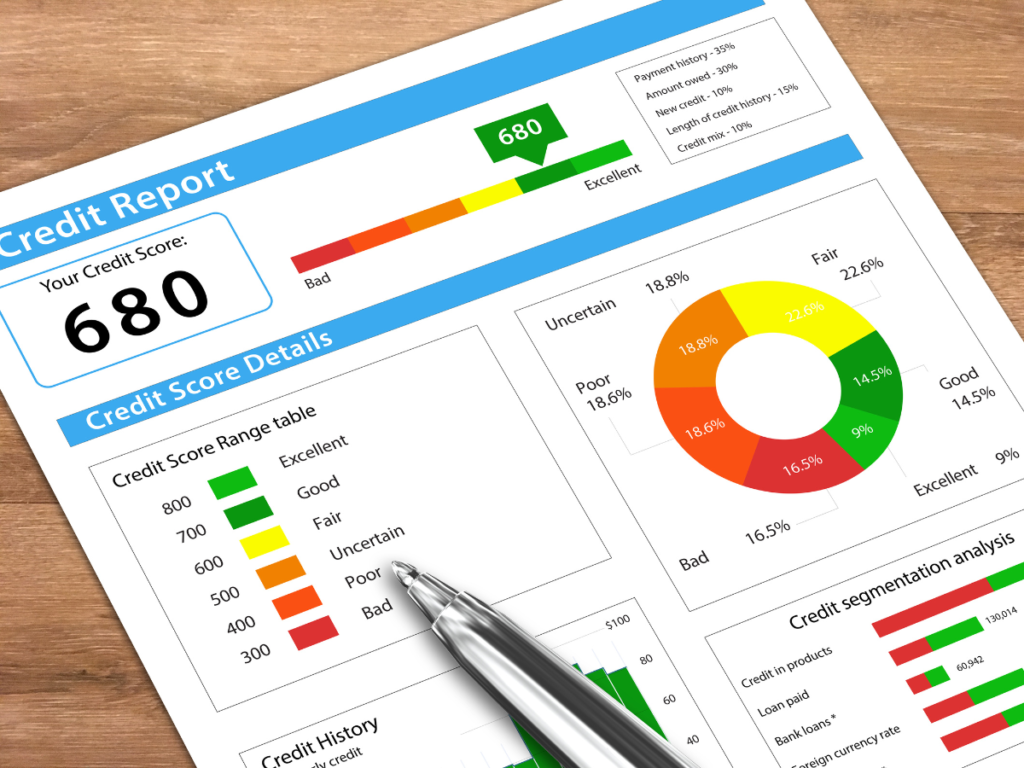In a world where financial health is paramount, the notion of credit repair has gained significant attention. The promise of a higher credit score and improved financial standing is undoubtedly appealing, but skepticism often surrounds the legitimacy of credit repair services. Are these services genuine lifelines for those drowning in bad credit, or are they merely elaborate scams preying on vulnerable individuals? In this blog post, we will delve into the concept of credit repair to separate fact from fiction.
Understanding Credit Repair:
Credit repair involves the process of identifying and rectifying inaccuracies, errors, or discrepancies on a person’s credit report. The goal is to enhance the individual’s creditworthiness and boost their credit score. This process typically includes disputing inaccurate information with credit bureaus, negotiating with creditors, and implementing strategies to improve financial habits.
The Legitimate Side of Credit Repair:
While skepticism is understandable, it’s crucial to acknowledge that legitimate credit repair services do exist. Errors on credit reports are more common than one might think. Mistakes can range from inaccurate account information to improper reporting of late payments or even cases of identity theft. Legitimate credit repair services specialize in identifying and rectifying these issues, helping individuals achieve a more accurate representation of their creditworthiness.
Federal laws, such as the Fair Credit Reporting Act (FCRA) and the Credit Repair Organizations Act (CROA), regulate credit reporting agencies and credit repair services. These laws establish guidelines and protections for consumers seeking assistance in improving their credit.
Red Flags and Scams:
Despite the presence of reputable credit repair services, there are undoubtedly scams and fraudulent practices in the industry. Some red flags include promises of an unrealistically quick credit score increase, requests for upfront fees before services are rendered, and failure to provide a written contract outlining the services offered.
Consumers should exercise caution and conduct thorough research before engaging with any credit repair service. Reading reviews, checking the Better Business Bureau, and ensuring compliance with relevant laws can help identify legitimate services.
The DIY Approach:
For those hesitant to engage with credit repair services, a do-it-yourself (DIY) approach is a viable option. Individuals can obtain free copies of their credit reports from each of the three major credit bureaus annually and dispute inaccuracies directly. Additionally, adopting responsible financial habits, such as paying bills on time and reducing outstanding debts, can have a positive impact on credit scores over time.
Conclusion:
The idea of credit repair is not inherently a scam; however, caution is warranted. Legitimate credit repair services can be valuable for individuals facing inaccuracies on their credit reports, while scams prey on the vulnerable. Whether opting for professional assistance or a DIY approach, understanding one’s rights, staying informed about relevant laws, and exercising due diligence are essential steps towards achieving a healthier credit profile.






Recent Comments